What Happens if You Pour Oil Into an Engine Without Manufacturer's Approval: Examining the Dangers of Counterfeits
Oil without approval—cheap and available. But what lies behind the attractive price? And is it worth risking your engine for a few saved coins?
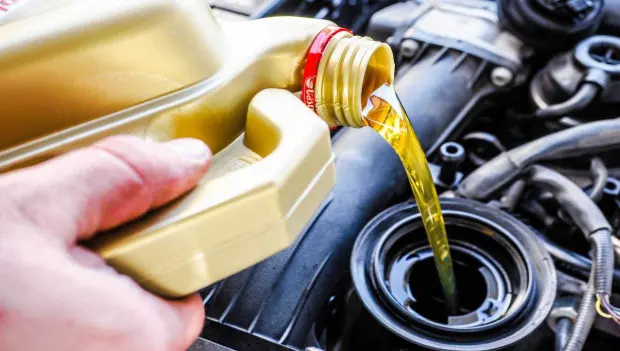
Rising prices for motor oils and auto parts force more drivers to seek budget alternatives. Options from marketplaces, oils with questionable labels, and even without official approvals from car manufacturers come into play. But is it safe? And what could result from saving on oil?
On the original packaging of motor oils, you can usually see logos and approvals from major car manufacturers: Toyota, Hyundai, Kia, Mercedes-Benz, BMW, Volkswagen, Porsche, and others. These approvals are not just formalities. They mean the oil has been tested and recognized as compatible with specific types of engines. Previously, dealerships used only such oils. Today, choices are more often made in favor of price over quality, and this can have consequences.
Why are approvals needed at all?

There have long been international classifications in the market, such as API (American Petroleum Institute) and ACEA (European Automobile Manufacturers Association). They set general standards for viscosity, additive content, and thermal stability. But these criteria were insufficient—each car manufacturer has its own features in engine construction.
Thus, for example, Mercedes-Benz has its standard MB 229.5, Volkswagen has approvals like VW 504.00/507.00, and BMW has Longlife-04. They take into account not only the chemical composition of the oil but also nuances like turbocharger operation, particulate filters, variable valve timing systems, and temperature modes in friction nodes.
This is why oil manufacturers, striving to get into the "white lists," undergo a complex and expensive certification process. It's not just a sticker on a canister—it's real confirmation that the oil works correctly in a specific engine line.
What happens if you use oil without approval?
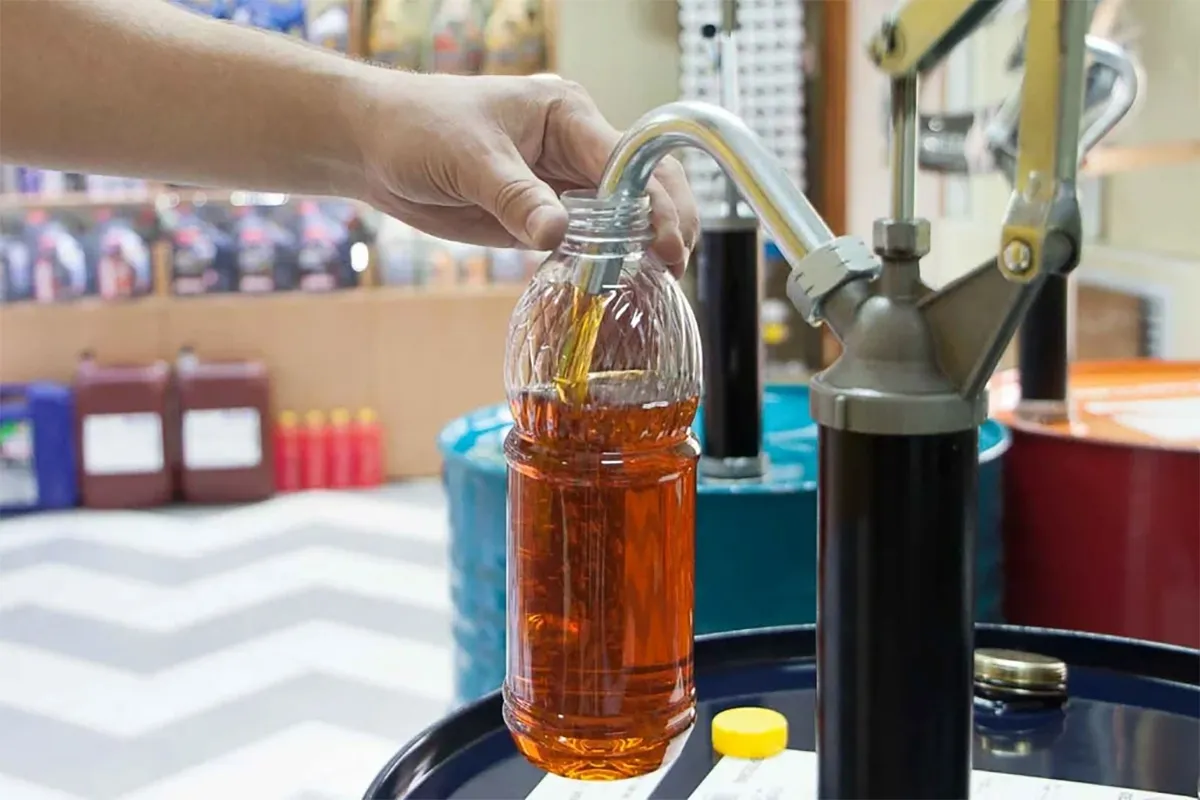
If the oil does not meet the manufacturer's requirements, various issues can arise. The most harmless are increased fuel consumption or deteriorated dynamics. But often it ends more seriously: accelerated wear of timing components, fouling of piston rings, carbonized oil channels, and, at worst, major engine repairs.
Modern turbocharged and small-capacity engines with direct fuel injection systems are especially sensitive to oil quality. They have high thermal loads, and non-original or unsuitable oil may simply not handle it.
If, for some reason, acquiring oil with the needed approval is impossible, at least the international API and ACEA standards should be considered. They still serve as a reliable guide. For example, API SN Plus or ACEA C3 is the minimum quality level suitable for most modern gasoline and diesel engines.
It's also crucial that the chosen oil meets the requirements specified in the car's operating manual. Climate should also be considered—oil viscosity is chosen with temperature in mind.
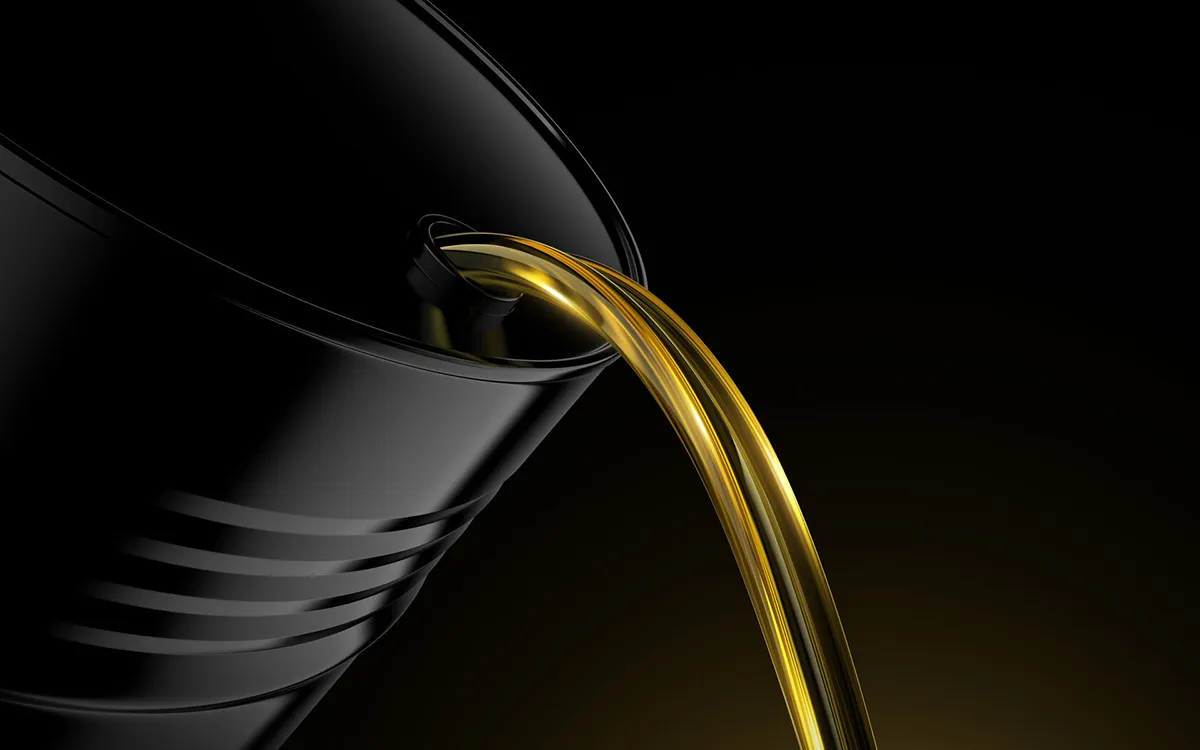
Signs of counterfeit oil:
Fake packaging:
- Crooked seams, poorly printed labels.
- Text errors (spelling, stylistic).
- Mismatched fonts, logos, colors.
Questionable cap or seal:
- Absence of factory protection.
- Easily opened and resealed.
Below-market price:
- Products that are too cheap compared to the brand's recommended price.
Buying from an unverified seller:
- Gas stations, markets, questionable online stores.
Numbers on the package do not match:
- The serial number on the canister doesn't match what's on the label or cap.
Why counterfeit oil is dangerous:
- Insufficient lubrication → rapid engine wear.
- Soot and deposit formation → clogs and overheating.
- Poor detergent properties → engine contamination.
- Improper viscosity → engine operation out of spec, especially in winter or under loads.
Even if you want to save, the auto30 editorial team recommends not to pour the first oil you come across without confirmed quality into the engine. A manufacturer's approval guarantees that the oil has passed all tests and is indeed suitable for your engine. Otherwise, saving could lead to significant repair costs.
You may also be interested in the news:

Military Tech in Your Car: 9 Systems That Came Straight From Defense
Many groundbreaking human inventions were originally developed for weapons and military technology before being adapted for civilian use.
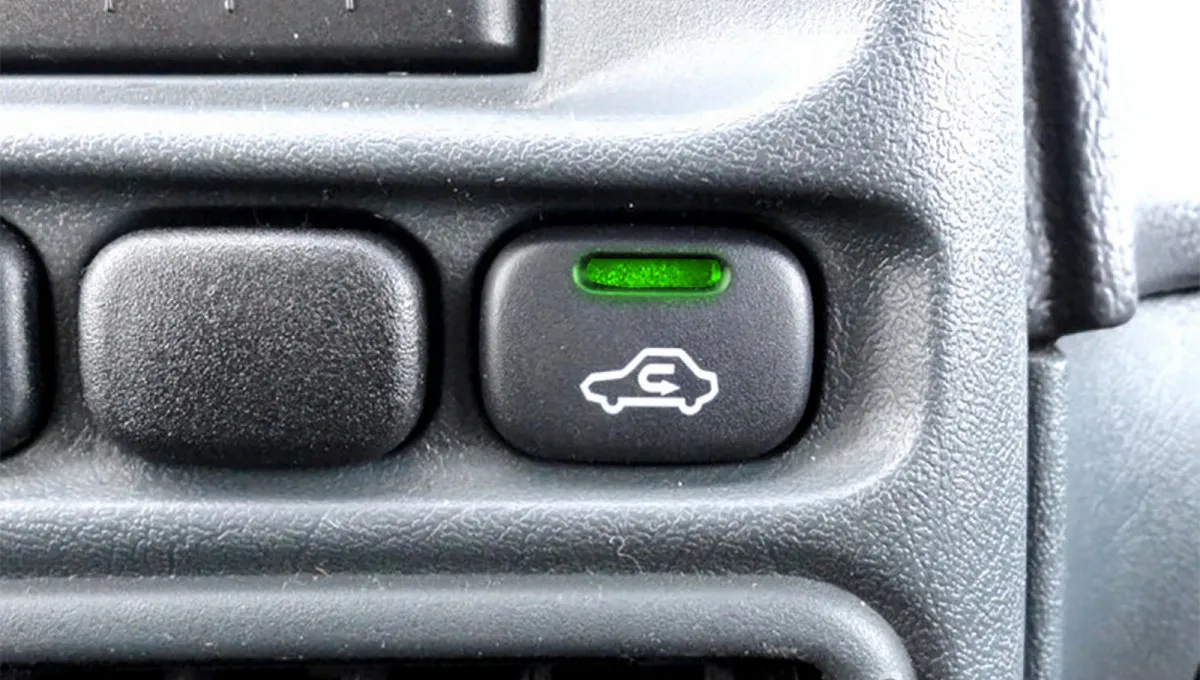
Don’t Press This Button in the Rain — Here’s What Happens
Many drivers aren’t entirely sure what this button in their car actually does.
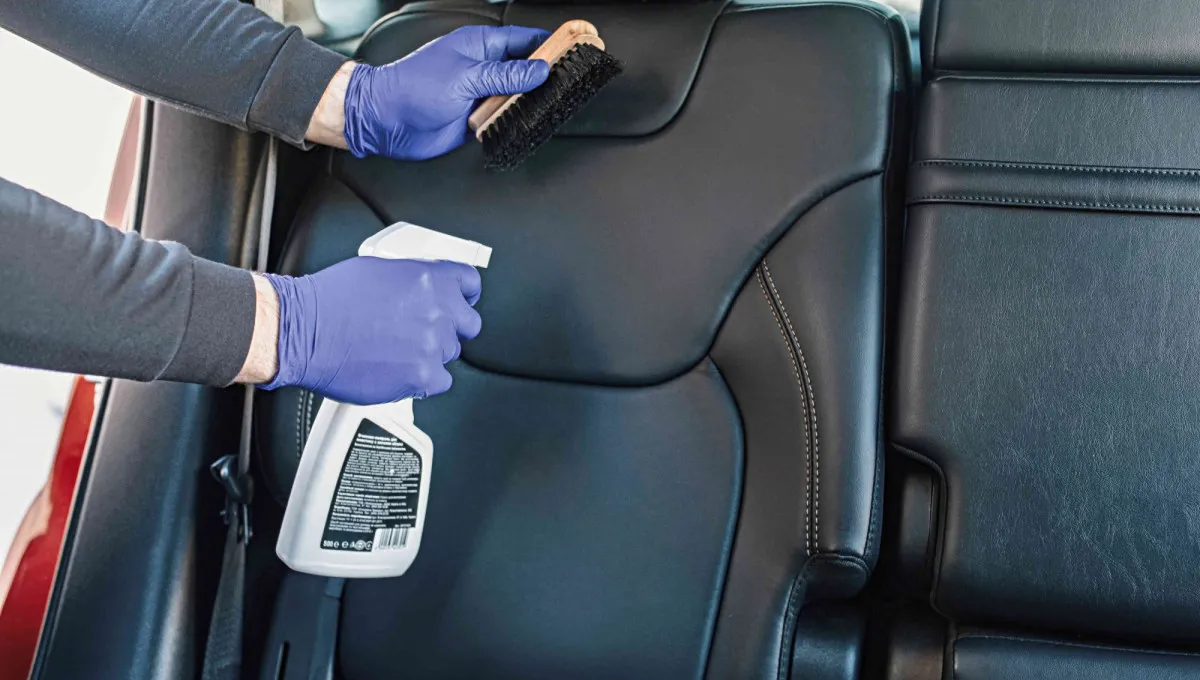
How to Keep Leather Car Seats From Cracking: The Costly Mistakes I Learned the Hard Way
Among car owners who obsess over keeping their interiors spotless, one very common mistake can quietly ruin leather seats.

10 Wild Car Concepts That Redefined What a Vehicle Could Be
The most невероятные ideas ever built into one-of-a-kind concept cars.

Drivers’ Horoscope for the Week of February 24–March 1: All Zodiac Signs
This week unfolds under the influence of retrograde Mars, which lasts through March 25.